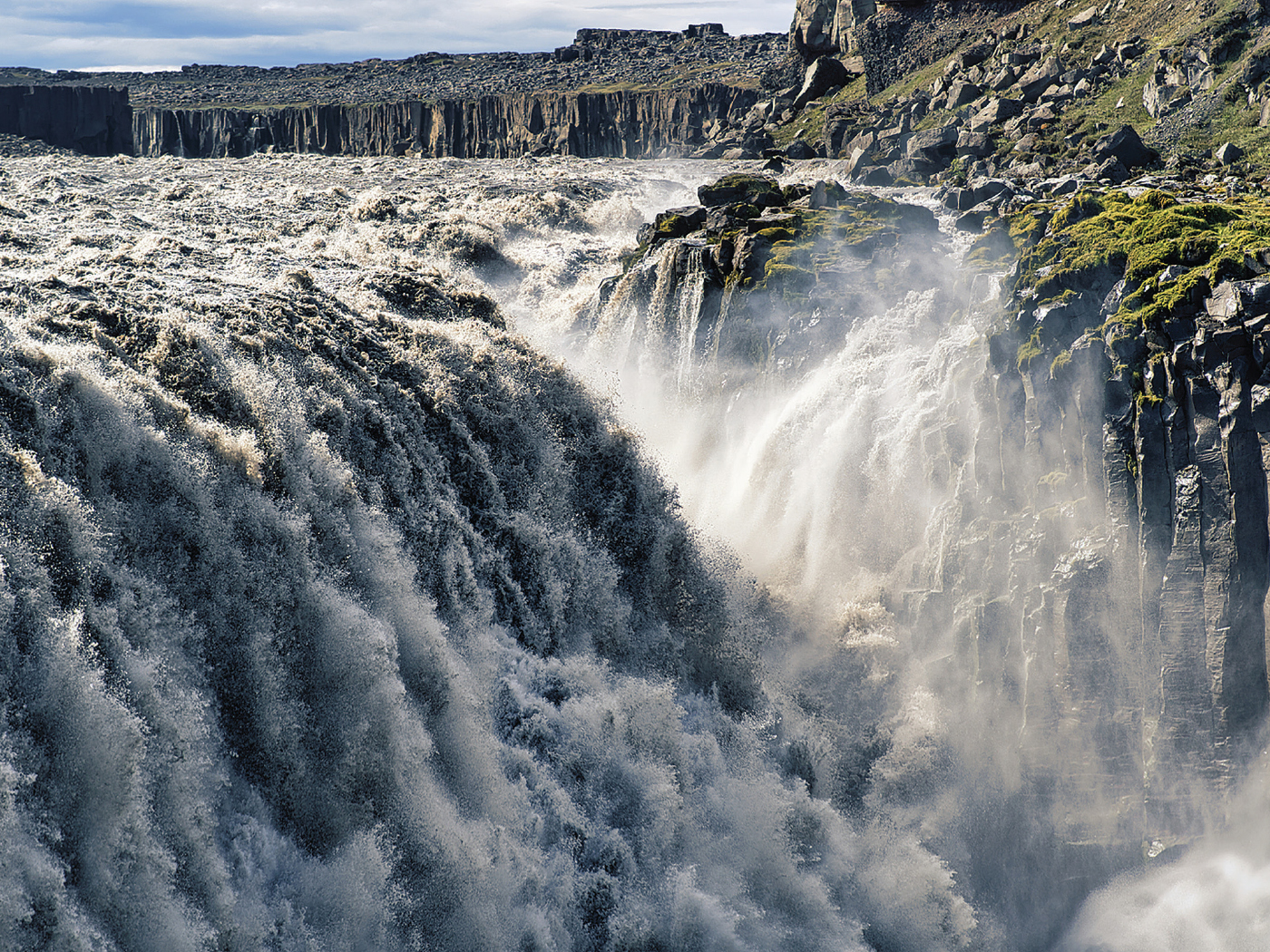Search Tools
New Defender's Study Bible Notes
4:3 sea monsters. The Hebrew word here translated “sea monsters” is tannin, also translated “whales,” and “serpents,” but most commonly “dragons” in the King James Version. Modern versions sometimes render it by “jackals” or “wolves” or “crocodiles.” This confusion is because the tannin, whatever they were, are now extinct. In the sixteenth century and earlier, however, accounts of dragons were still so widely known and reliable that scholarly Bible translators saw no problem in identifying the tannin as “dragons.” They knew that the Biblical accounts correlated realistically with the many similar records in early and medieval literature. Since the first dinosaur bones were discovered less than two centuries ago, the biblical accounts have been found to correlate with information paleontologists have provided about dinosaurs from reconstructing the many fossils of these once-abundant animals. However, the particular tannin in this verse seems to be a mammal, whereas most dragons seem to have been dinosaur-like reptiles. Possibly at least one kind of dragon/dinosaur was similar to the platypus, which has features of both reptiles (laying eggs) and mammals (suckling its young). Perhaps tannin, was understood as a generic term, applied to any large monster animal.
Paleontology has also revealed a number of exotic animals called mammal-like reptiles; many of these also were large and grotesque. In any case, dragons were real animals—probably dinosaurs or mammal-like reptiles or both—which did not become extinct until relatively modern times.
4:10 sodden their own children. That is, “boiled” their own children. See also Lamentations 2:20. This almost unthinkable result of the long siege and terrible hunger, driving even mothers to cannibalism, was actually another fulfillment of prophecy (Leviticus 26:29; Deuteronomy 28:53; Jeremiah 19:9), as well as a commentary on the utter degradation to which long-continued rebellion against God can lead.
4:12 would not have believed. Even God’s chosen nation was allowed to be defeated and exiled—not just those nations that are openly opposed to God and His Word. “The wicked shall be turned into hell, and all the nations that forget God” (Psalm 9:17). “For unto whomsoever much is given, of him shall be much required” (Luke 12:48). America, the most privileged nation in history, urgently needs to return to God before God’s judgment falls on her as well.
4:12 the adversary and the enemy. The reference to those “two” invaders of Jerusalem may imply that Satan (whose name means “Adversary”) was in the lead of the Babylonian armies as they desecrated God’s holy city.
4:17 watched for a nation. Judah’s leaders had ignored Jeremiah’s warnings, hoping to the end that the Egyptians would somehow come to their aid against the Babylonians.
4:20 the anointed of the LORD. This anointed one is the promised Messiah, under whose “shadow” they could still live even while in exile from Judah and Jerusalem. He had been taken captive with them, as it were, and thus could still serve even as “the breath of their nostrils.” This is the last of twelve references to God’s “shadow” as protecting His people. See note on Psalm 17:8.
4:21 land of Uz. Uz was the land of the patriarch Job (Job 1:1), and this verse seems to confirm that it was the region that later was taken over by the Horites and eventually the Edomites (Genesis 36:20-21).











